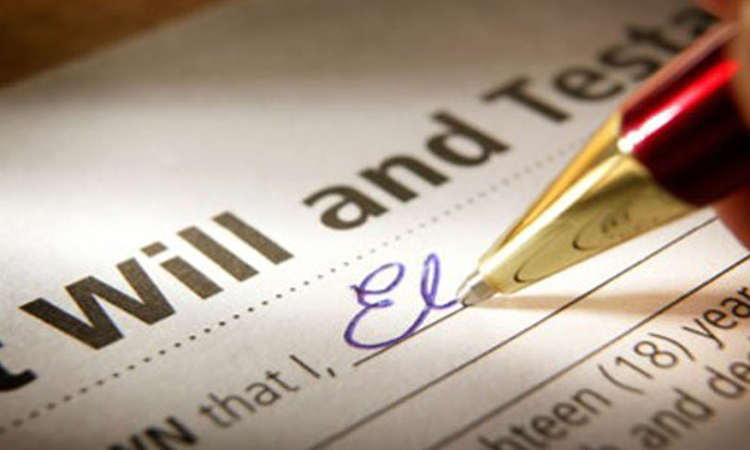- Home
- /
- Know the Law
- /
- All You Want To Know About "Wills"
All You Want To Know About "Wills"
Satyajeet A. Desai
7 March 2020 2:02 PM IST
Sir John Salmond, the acknowledged authority on jurisprudence has in a statement which I consider as locus classicus said that "Inheritance is in some sort a legal and fictitious continuation of the personality of the dead man, for the representation is in some sort identified by the law with him who he represents. The rights which the dead man can no longer own or exercise in...
Next Story



